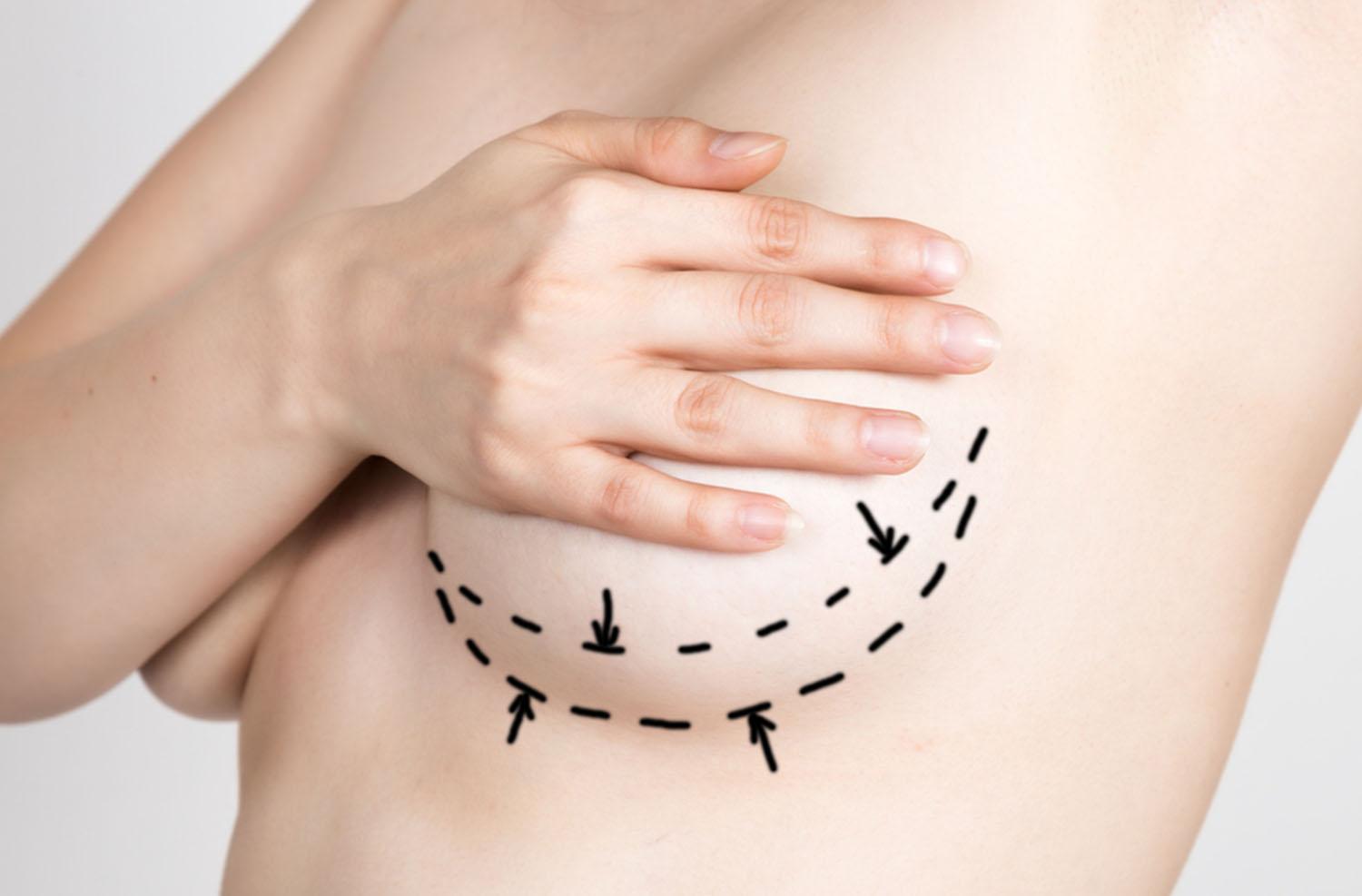Chontel Carter Frank had an 85 percent chance of being diagnosed with breast cancer in her lifetime. She tested positive for a mutation in the BRCA2 gene, which tends to run in families and indicates that a woman has an extremely high risk of developing either breast or ovarian cancer.
Her doctor recommended she get tested after aunt was diagnosed with breast cancer and her mother passed away from ovarian cancer. When she heard the result, she broke down crying, but knew she had to fight for the sake of her children.
The only way to significantly lower the chances of getting cancer for a woman with a BRCA mutation is a preventative hysterectomy and double mastectomy. This is not an easy decision to make. It was not until recently that doctors began performing hysterectomies using a laparoscopic technique that leaves only a few small scars as opposed to a large, noticeable one. Mastectomies, on the other hand, can leave extremely visible scarring and nipples are typically removed, even for preventative surgeries when no cancer is present.
Chontel got a hysterectomy, but was still worried about undergoing a mastectomy– so she came up with a plan. She is a nurse practitioner, and while working in a pediatric unit, she saw that teenage girls are often given a different procedure than adults to remove breast tissue which only uses a few small incisions. She requested that her surgeons do this procedure instead, and they obliged. It was a success.
She began to wonder why this procedure isn’t more common, and why so many women don’t even hear about it before undergoing traditional mastectomy. As one of Chontel’s surgeons explained to me, this surgery is available in many places, but because it requires more precision and finesse to perform it is not generally offered.
Chontel now has less than a 2 percent chance of getting either breast or ovarian cancer, and only has a few small scars on her stomach and underneath her breasts. She wants women to know that when faced with surgery, they should not be afraid to speak up and do their own research.





